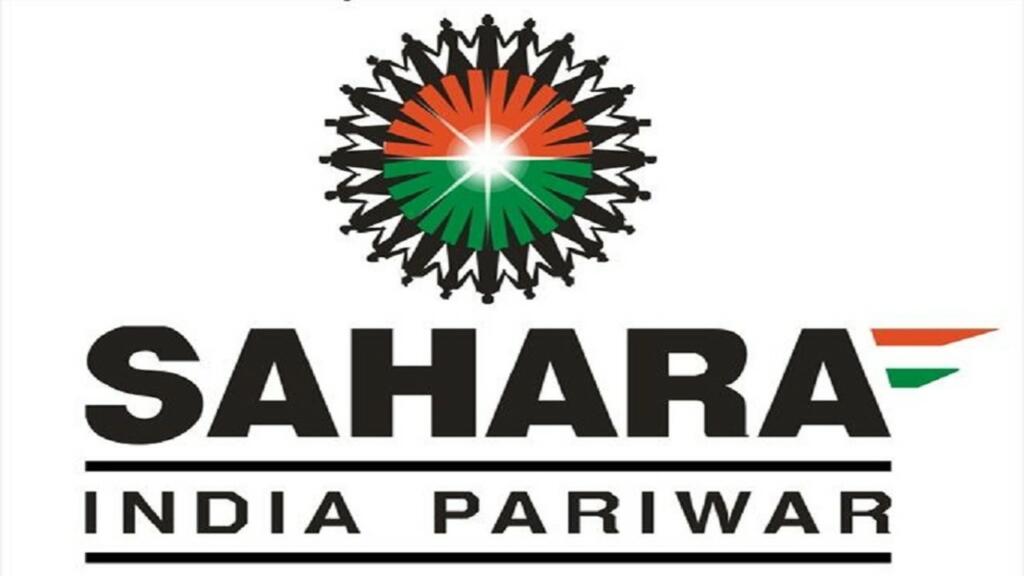Sahara India case: The core objective of any business is to earn profit; however, many, in their eagerness to establish their monopoly, get into market instruments like amalgamations, mergers, and accusations that many a time don’t deliver the result expected of them. Often, failing businesses are referred to as the new Sahara. But, the wait has ended, as according to the new ruling of the Supreme Court of India, the investors of Sahara are going to get their long-due justice.
Sahara India case: Supreme Court becomes the Northern Light
In Sahara India case last week, the Supreme Court of India allowed a plea by the central government seeking a Rs 5,000 crore allocation out of Rs 24,000 crore, which was deposited by the Sahara Group with SEBI (Securities and Exchange Board of India), the market regulator, to repay its depositors. To put it simply, the funds lying unutilized in the Sahara-SEBI refund account would be used to repay the depositors.
The decision was delivered by a bench comprising Justice MR Shah and Justice CT Ravikumar on an application filed by the Centre in a PIL by Pinak Pani Mohanty. Mohanty had sought directions in his PIL to pay the amount to the people who had deposited their money in the Sahara Group of Cooperative Societies.
Also read: BYJU’s on the road to become the next SAHARA….
Understanding the approach
There is a timeline of events. In 2011, SEBI ordered Sahara India Real Estate Corporation Ltd. (SIRECL) and Sahara Housing Investment Corporation Ltd. (SHICL) to refund money they had raised from investors through bonds. The SEBI had alleged several guidelines were violated while raising the money. Sahara challenged the decision in court. In 2012, the Supreme Court upheld SEBI’s direction. Following which, Sahara was asked to deposit Rs 24,000 crore with SEBI for further refunds to investors.
The Ministry of Cooperation moved to the court, suggesting that the amount is lying unutilized in the Sahara-SEBI refund account and that if Rs 5,000 crore is transferred to the Central Registrar of Cooperative Societies and disbursed against the legitimate dues of the depositors of the Sahara Group of Cooperative Societies, it will be just, proper, and equitable.
The court agreed and has appointed Justice (retd) R Subhash Reddy, a former judge of the Supreme Court, to supervise the disbursement. The Supreme Court had directed that the amount must be paid to genuine depositors within a period of nine months.
Also read: What prompted the downfall of Subrata Roy’s Sahara empire?
The rise and fall of the Sahara
Sahara India has been one of the most reputed businesses in India, with its supremo Subrata Roy being an admired and influential role model for rural and middle-class folks in India. Business tycoon Subrata Roy, as he was referred to, founded the Sahara Group in 1978 with chit funds and an initial asset base of just Rs. 2000. By 2014, the year he was arrested, he was the chairman of Sahara India Pariwar, a group worth $11 billion. Sahara had expanded into all realms, including finance, housing, manufacturing, aviation, and, of course, media.
All was going well until 2011, when SEBI found that two Sahara firms, Indian Real State Corporation and Sahara Housing Investment Corporation, collected money through illegal bonds, which violated SEBI guidelines. Finally, now, after the efforts of the union government’s Ministry of Cooperation and the Supreme Court, the depositors would get their due.
Support TFI:
Support us to strengthen the ‘Right’ ideology of cultural nationalism by purchasing the best quality garments from TFI-STORE.COM
